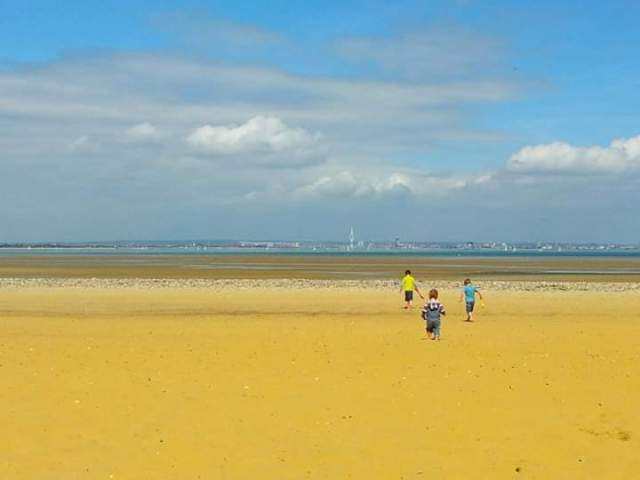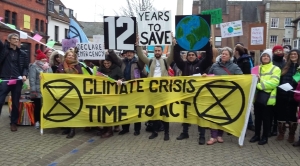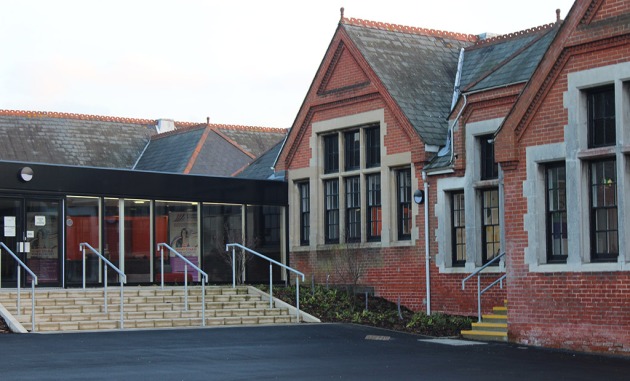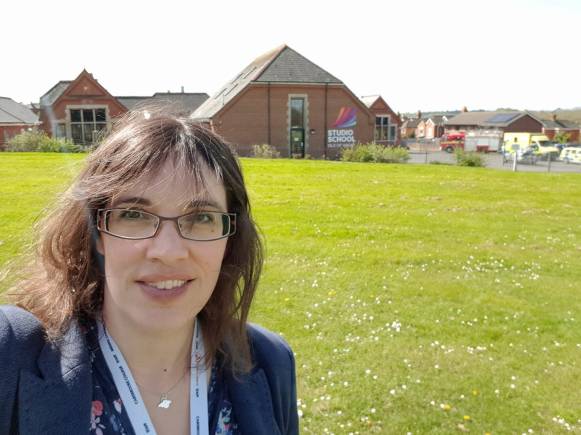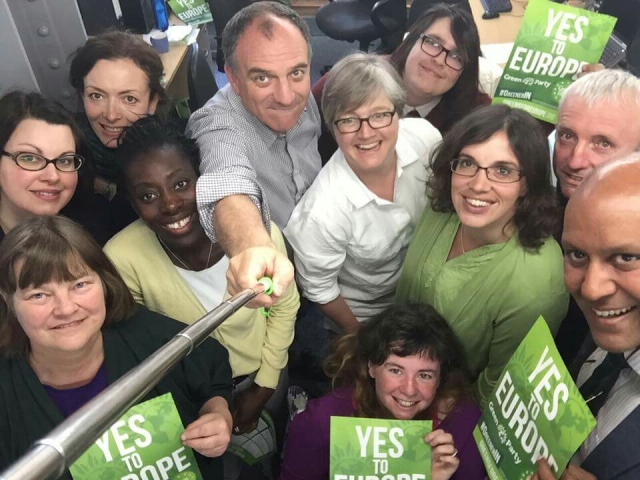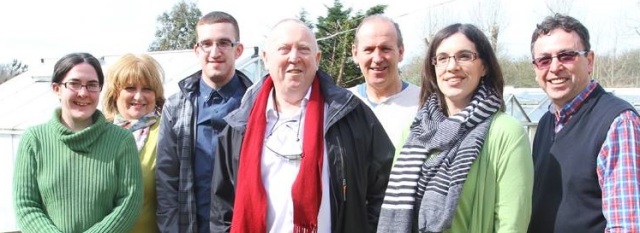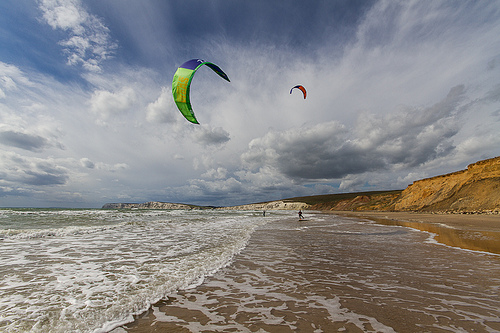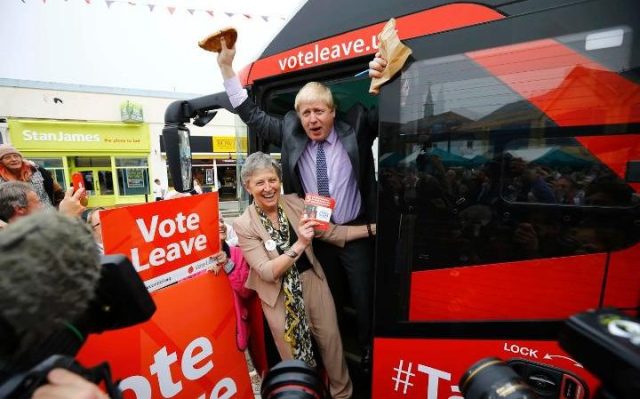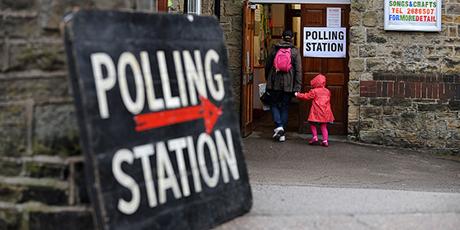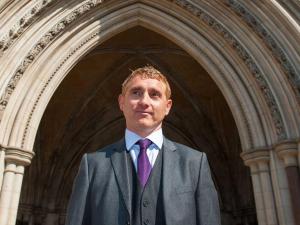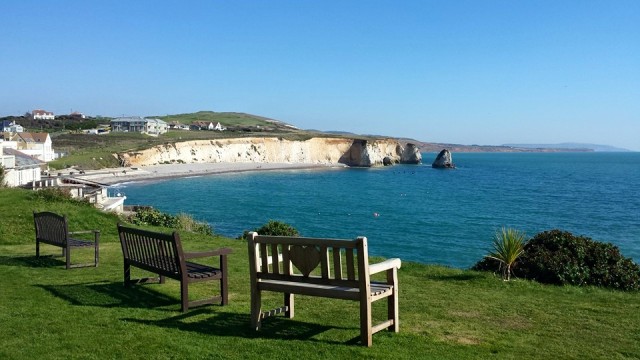The pier is empty, the beaches spacious and calm. On the largest island in England, the residents of the Isle of Wight should be preparing the campsites, making the icecream and dusting off the (fibreglass) dinosaurs at Blackgang Chine.
But the lockdown due to the coronavirus pandemic has left the usually busy coastal towns eerily silent. Living in one of the most beautiful parts of the UK, Islanders have been supportive of the ‘Stay At Home’ government message. Nevertheless our single hospital has dealt with over 100 cases of the virus, and sadly 24 have died.
Yet the government has big plans for the Isle of Wight. Michael Gove announced to a committee of MPs in Parliament (Wednesday 29th) that “pilot” schemes for easing Covid restrictions could soon be trialled on UK islands. “There is a specific scientific justification for saying that island communities can be areas where you can pilot some measures – contact-tracing in particular.” Scottish Islands are under the jurisdiction of the Scottish Government. So all eyes turn south to the Isle of Wight.
Unsurprisingly, the Isle of Wight’s Conservative MP Bob Seely is said to be “delighted” that the government are set to trial a coronavirus Test and Trace App in his constituency, according toThe Telegraph. But such endorsements have made massive assumptions about the level of public support on the Island for an early exit from lockdown, and it would be reliant on mass participation in an initiative based on a ‘voluntary’ app.
Contrary to the government’s thinking, I can tell you that the Isle of Wight is far from the perfect population to trial a medical app leading to lockdown measures to be lifted early.
You may not be surprised to know that 28% of the Isle of Wight are aged 65 years old or over, and so subsequent smart phone ownership is low (only 40% for those aged 65+). Many thousands of islanders have been self-isolating and shielded in their homes for the last six weeks, and significant numbers of residents are vulnerable – for example over 12,000 live with variations of lung disease. There is only one small hospital serving the population of 140,000 people.
If you were going to pick an ideal, robust group to withstand the release from lockdown early as part of a national ‘guinea pig’ experiment – the older, vulnerable and isolated people of the Isle of Wight would be far from the top of your list.
This national initiative to develop a coronavirus tracing app has also alarmed 177 computer security and privacy experts, who are concerned about the transparency of the approach, targeting, and opportunities for future surveillance. The UK government insist on pursuing a centralised system where data will be held by the state, rather than the adoption of decentralised architecture stored locally on the device – which most of Europe have shifted towards.
This raised alarm for many islanders who value their privacy with great resolve. The security experts have also warned such a centralised system could be part of a “function creep” with future versions planned by the application developers NHSX to divulge additional data, such as location. Even GCHQ have been granted the power to make the NHS disclose information from any App.
Islanders are so concerned by the government ploughing ahead with their ‘pilot area’, that over 2,000 have signed a petition to ask the MP to rethink the proposals. Ryde resident Karen Lucioni says “The Island should not be a test bed to leave lock-down earlier than the rest of the U.K. Residents hold their families close to their hearts. We need to be told about an exit strategy first, understand what the CCG, NHS trust and other stakeholders views are.”
Undeterred, Bob Seely MP responded by writing an article in The Telegraph (Monday 26th) entitled “Let’s use the Isle of Wight as a testing ground to solve our lockdown dilemma.” He was joined by Isle of Wight Council Leader, Dave Stewart, who went on the Radio 4 Today Programme (21.4.20) to talk about his support for ‘modern technology and apps and things’ through his “Save Our Summer” campaign.
If the government sign off the project in the next few days, the app is set to go live in the next couple of weeks and the Island could see lockdown measures lifted before anywhere else in England – regardless of the substantial fears of many residents. The Isle of Wight may be known as ‘Dinosaur Island’, but only because we protect our fossils like we protect our people. Islanders need shielding from harm, not to be offered up to the government as their lab rats.
VIX LOWTHION
References:
https://www.telegraph.co.uk/news/2020/04/28/contact-tracing-testing-begin-isle-wight-nhs-proposal/
https://www.iow.gov.uk/news/Lung-disease-fitness-pilot-launched
https://www.nhsx.nhs.uk/about-us/who-we-are/
https://www.change.org/p/bob-seely-mp-no-to-isle-if-wight-to-leave-lock-down-early

